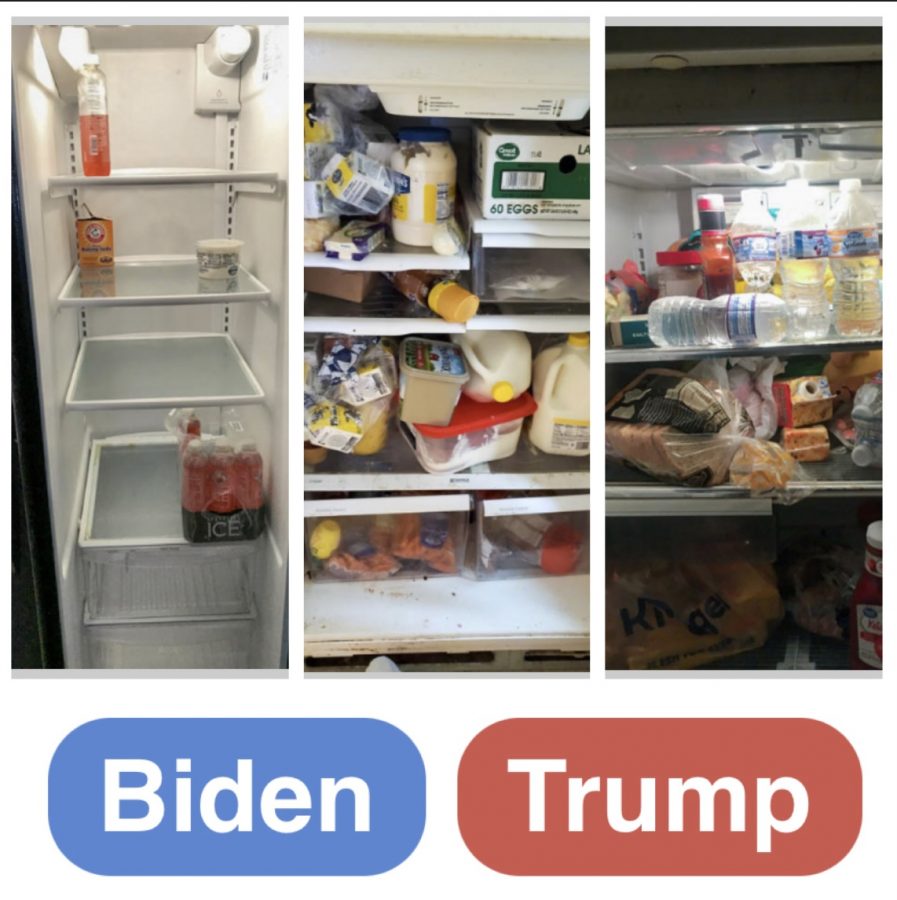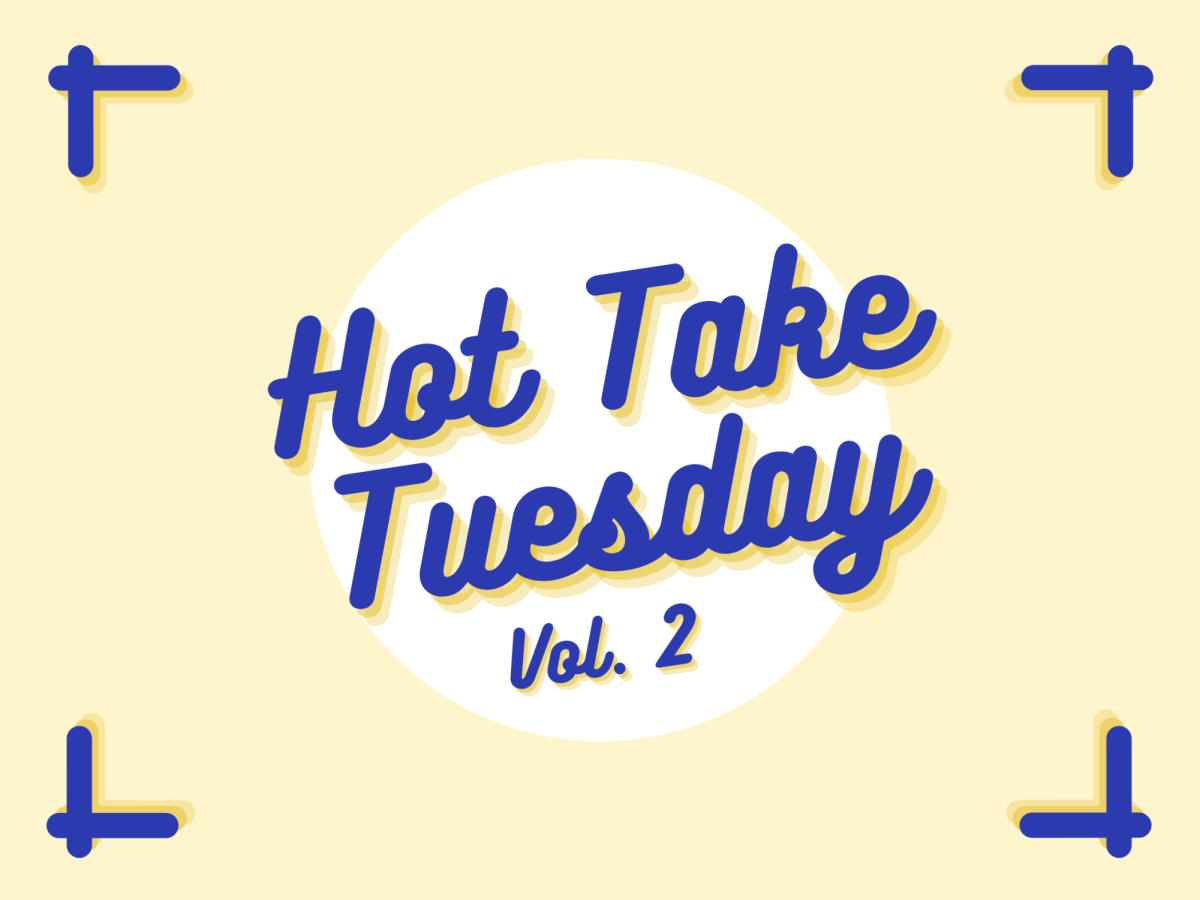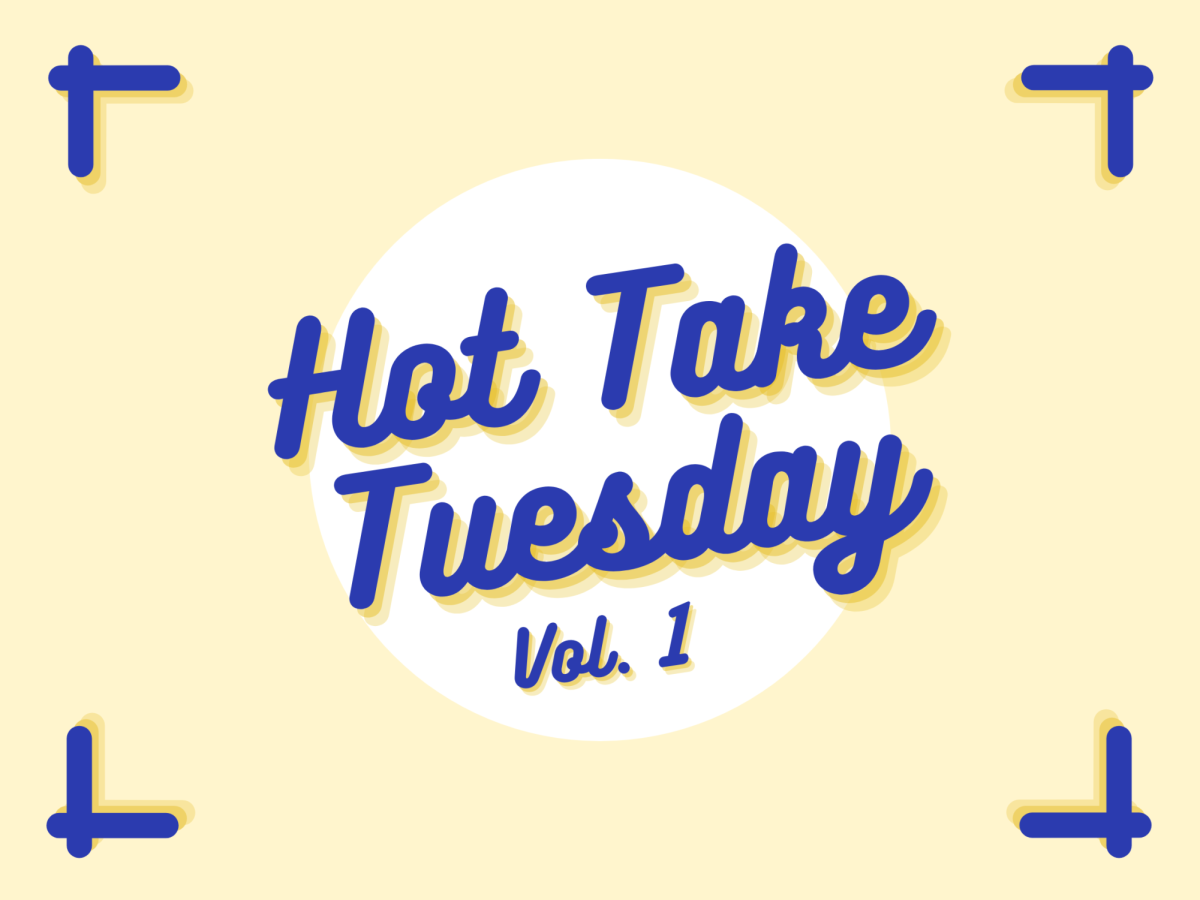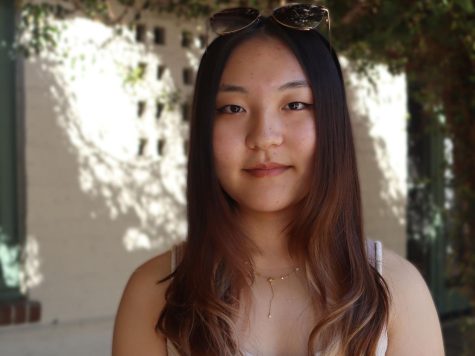Could you tell a ‘Trump’ fridge from a ‘Biden’ fridge? The New York Times recently formulated a quiz about which refrigerators belonged to supporters of different presidential candidates. It would be safe to say that many would be surprised at the results, as our initial thoughts may not quite match up with reality.
“My initial thought was that Trump [supporters] would definitely [have] more junk food, and things that I would not find in my fridge,” Emilia Bordage (‘23) said. “For instance, drinks like Gatorade and prepackaged foods, but then I thought about my fridge and some things that my family eats on a regular basis. The Biden fridge would be less artificial and more organic and have ingredients rather than food. I have no idea why I thought like this, but that is honestly what went through my mind.”
The question is why do we instinctively think the way we think? What factors do we have in minds that lead up to our conclusions? Why do we automatically associate certain things with certain groups of people? All these questions can be answered by the nature of implicit bias, the silent judge in everyone’s minds, along with stereotypes that have influenced our way of thinking.
According to Dictionary.com, the textbook definition of implicit bias is “bias that results from the tendency to process information based on unconscious associations and feelings, even when these are contrary to one’s conscious or declared beliefs.”
When these biases are subconscious, our thoughts lead us to associate certain behaviors or stereotypes to people without even trying to do so no matter how good or bad they may be.
Moreover, everyone possesses these biases for pretty much everything or everyone in the world. As stated, our indirect thoughts can also be quite contradictory to our true nature because it is something that we cannot control. We can be aware of our implicit bias, but it can be hard to suppress the thoughts completely, which is why it can be dangerous at times.
Implicit biases are an inevitable part of human nature. We gather knowledge as we process information interacting with and experiencing the world. We naturally group and categorize information, creating labels for everything we experience.
Granted, media and outside influences have a tremendous impact in shaping our way of thinking, making it hard to escape the stereotypes the outside world feeds our minds. The media cultivates us to think about groups of people or things in a certain way and associate them with either positive or negative labels.
Although our implicit bias may seem unalterable, it is possible to “debias” yourself from such thoughts by taking the right course of action. Recognizing that implicit bias can be dangerous and acknowledging its presence is one step of the way to neutralizing its potential. We must be aware of our actions, thoughts, and words, because implicit bias may not always an implicit affect.
When we come across racist, classist, or negative stereotypes associated with groups of people, it is not only our obligation, but our responsibility to fix them—especially when they harm groups of people. In criminal justice cases, research shows that implicit bias adversely influences the judges’ decisions to be more likely to sentence to death the “killers of White victims” than the “killers of Black victims.” Moreover, “Black defendants are more likely than White defendants to receive the death penalty.” Even today, there are so many negative relationships and assumptions throughout society, and it is outright unfair to let our negative judgments influence the lives of those who are innocent from our silent accusations.
Because of these types of associations, it is important to notice them and take action so that we will not pass down the same bias to future generations. More than ever, people are struggling to realize the impact their subconscious has on their outlook on life, which is why it is our duty to educate ourselves and each other well. It is just as important to take responsibility for the effects that our actions have rather than focus solely on our intentions. We must keep ourselves from retaining the same mindset that is bringing unfair judgment into our world, and we must start to fix the problem, one step at a time by allowing us to debias ourselves.
Sunny Yu (‘22), Co-Editor of Opinion of the WCC, explains the challenges of implicit bias in the context of journalism by connecting the two together. An excerpt from her article clearly outlines the Webb Canyon Chronicles’ aim: “The Webb Canyon Chronicle Opinion section is a platform for students to share their voices and even their biases. Nevertheless, journalists need to keep the basic ethics of journalism and the original mission of the Webb Canyon Chronicle in mind.” Our mission at Webb is to provide unsolicited, yet truthful and accurate news to anyone who stumbles across our articles.
Regardless of who we are and what we do, we as people must keep in mind how we are influenced by the effects of implicit bias. We are responsible for our actions, and we must be able to allow ourselves to make changes for the greater good of not only our communities, but also for the rest of the world, as we continue to interact with others.







![Student loan borrowers rally near the White House for Joe Biden to cancel all student loans. Biden, pictured left, is troubled with diminishing popularity with youth as he fails to forgive all students loans as he had promised. “[Biden] kind of fumbled things even though he tried with student loan forgiveness,” said Cory Warren, humanities department faculty. “That was [the] number one campaign promise to get the youth vote.” Whether it is student loans, age, or foreign policy, what, ultimately, drives away the youth vote for Biden?](https://webbcanyonchronicle.com/wp-content/uploads/2024/03/Duan-biden-popularity-1200x675.jpeg)


